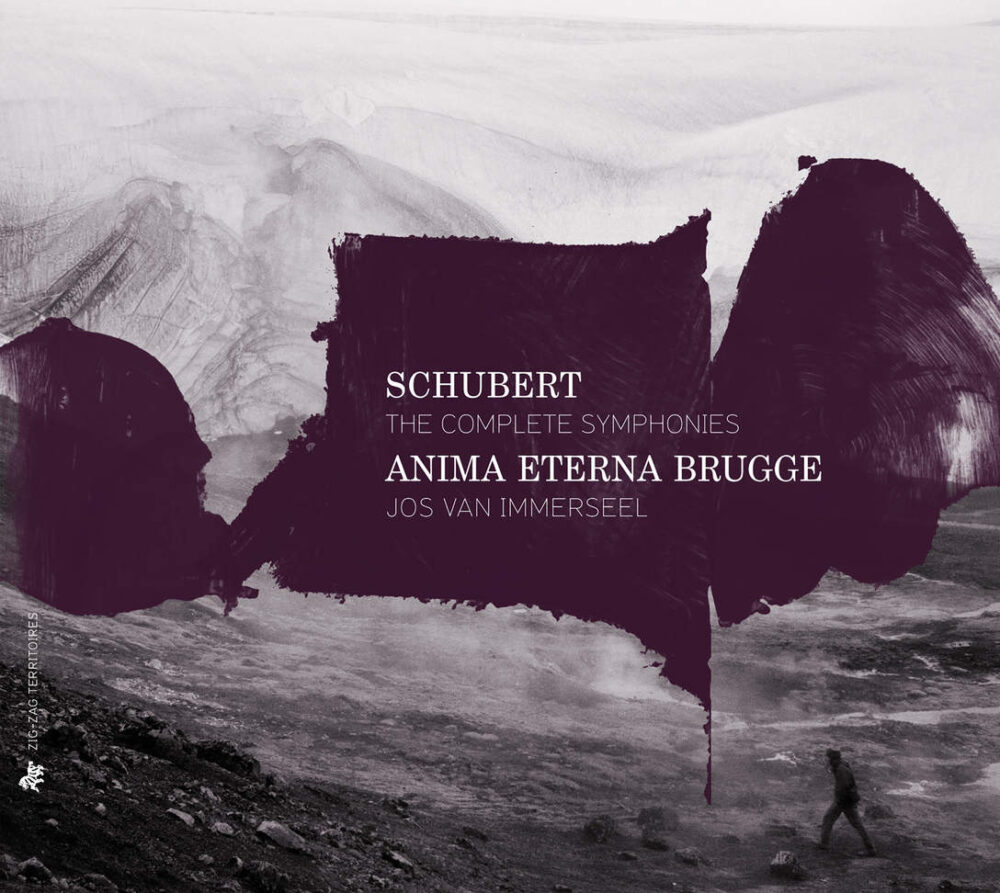Programma
- Franz Schubert – Ouvertüre “Die Zauberharfe D.644 (1820)
- F. Schubert – Symphonie Nr. 7 “Unvollendete” h-moll (1822)
- Ludwig van Beethoven – Konzert in D für Violine und Orchester op.61 (1806)
Uitgevoerd op Duitse instrumenten uit de periode tussen 1860 en 1880.
Uitvoerders
Anima Eterna Brugge – orkest
Jos Van Immerseel – dirigent.
Sergey Malov – viool
Schubert & Beethoven
Het verhaal gaat dat Beethovens imposante persoonlijkheid de schuchtere Schubert (ze woonden gelijktijdig in Wenen) stimuleerde om de artistieke lat hoger te leggen maar dat zijn fascinatie voor de oudere componist eveneens zijn zelfvertrouwen onder druk zette. Voor beide componisten keren Jos van Immerseel en Anima Eterna Brugge naar goede gewoonte terug naar de instrumenten en de muzikale gewoontes van die tijd. Beethovens Vioolconcert dateert van dezelfde periode als zijn Vierde symfonie en zijn Strijkkwartetten Op. 59 – een tijd waarin hij zijn stijl verder ontwikkelde en radicaliseerde. Het Vioolconcert ademt een verrassend vredige en gelukkige (hoewel weinig concerterende) sfeer uit, die ver afstaat van het getormenteerde imago van de componist. De interpretatie van Sergey Malov belooft uiterst boeiend en vernieuwend te zijn. Deze veelzijdige violist, die al even virtuoos de altviool en de cello da spalla bespeelt, doet immers diepgravend onderzoek naar de historische uitvoeringspraktijken en stijlen.
Het zal in sterk contrast staan met de sombere en neerslachtige Onvoltooide Symfonie, die Schubert zo’n vijftien jaar later componeerde en die sindsdien veel onbeantwoord gebleven vragen heeft opgeroepen: onder welke omstandigheden kwam dit werk, een van Schuberts meest bijzondere composities, tot stand? Waarom bleef het onvoltooid, als bungelend aan de rand van de afgrond? Uiteindelijk zijn dit allemaal onbelangrijke bijkomstigheden. Wat deze compositie ons echter wel onthult, telkens als Anima Eterna Brugge er opnieuw mee aan de slag gaat – en het werk onvermoeibaar onderzoekt en in vraag stelt –, zijn nieuwe geheimen en pure muzikale pracht.

Schubert – The Complete Symphonies
Beluister alvast de Onvoltooide Symfonie van Franz Schubert.
Uit het archief
Dit project kwam tot stand met de hulp van